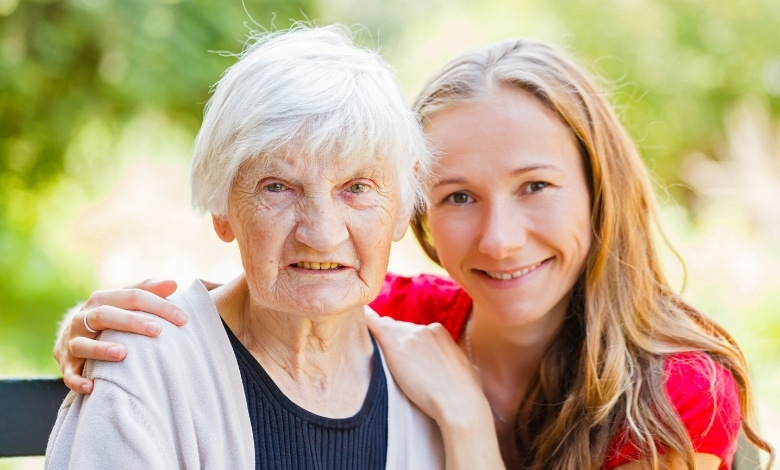Frailty is more than normal ageing. It is a gradual decline in strength, energy and resilience that can threaten an older adult’s safety and independence. By recognising the early warning signs, families and carers can take action—introducing supportive measures or live-in care—to help loved ones maintain quality of life for longer.
What Is Frailty?
Frailty describes reduced physical function and resilience. It makes older adults more vulnerable to illness, falls and setbacks that would challenge a fitter person’s recovery. Key areas affected include:
- Mobility and Strength
- Nutrition and Weight
- Energy Levels
- Cognitive Function
- Emotional Well-Being
Early detection lets you prevent crises, reduce hospitalisations, and support independence.
Signs of Frailty in Older Adults: Early Signs to Watch For
Unintended Weight Loss
- Clothes or jewellery feel looser.
- Comments like “I’ve lost my appetite”
- Forgetting to prepare or eat meals
Slower Movement and Strength Loss
- Shuffling or shorter steps when walking
- Needing support to stand or climb stairs
- Hesitation or fear on uneven ground
Persistent Fatigue
- Excessive daytime sleeping
- Reluctance to join activities
- Complaints of feeling “too tired”
Falls or Fear of Falling
- More frequent stumbles or bruises
- Avoiding stairs, thresholds, or busy areas
- Preferring to stay seated or indoors
Cognitive or Emotional Changes
- Increased forgetfulness or confusion
- Withdrawing from conversations or social events
- Mood swings, anxiety, or low spirits
Signs of Frailty in Older Adults: What Causes Frailty?
Frailty often stems from a mix of factors:
- Chronic conditions (arthritis, diabetes, heart disease)
- Poor nutrition or unplanned weight loss
- Muscle loss from inactivity (sarcopenia)
- Prolonged bed rest or hospital stays
- Social isolation or depression
- Side effects of multiple medications
Thankfully, frailty is not inevitable. Early intervention can stabilise or even reverse its progression.
Assessing Frailty
Healthcare professionals use tools like the Clinical Frailty Scale to grade frailty from “very fit” to “severely frail.” If you spot worrying signs, arrange a GP review or a specialist assessment. The sooner frailty is confirmed; the sooner support can begin.
How to Support a Loved One Showing Early Frailty
- Encourage Safe Exercise
Gentle walks, chair-based stretches or physiotherapy rebuilds strength and balance. - Boost Nutrition
Offer small, frequent, protein-rich meals and snacks. A dietitian can tailor a plan if appetite is low. - Improve Home Safety
Remove trip hazards, install grab rails, and add night-lights in key areas. - Maintain Social Connection
Regular visits, phone calls or community groups combat isolation and lift mood. - Create Routine
Set fixed times for meals, medication, and rest to reduce confusion and maintain routine and independence. - Consider Expert Live-In Care
When daily tasks become too much, trained live-in carers can provide hands-on support— from fall prevention to personal care—while preserving dignity and comfort.
When to Seek Professional Help
If you notice repeated falls, rapid weight loss, serious confusion or an inability to manage essential tasks, contact the GP straight away. Early involvement of care professionals can prevent complications and support better outcomes.
How Live In Solutions Can Help
At Live In Solutions, we specialise in providing tailored live-in care for frailty support. Our CQC-registered carers deliver:
- Fall prevention and safe mobility assistance
- Personal care, meal preparation and nutrition support
- Companionship and structured routines
- Flexible support—from a few hours a week to full-time live-in care
📞 Call 01245 890336 for a free, no-obligation assessment

